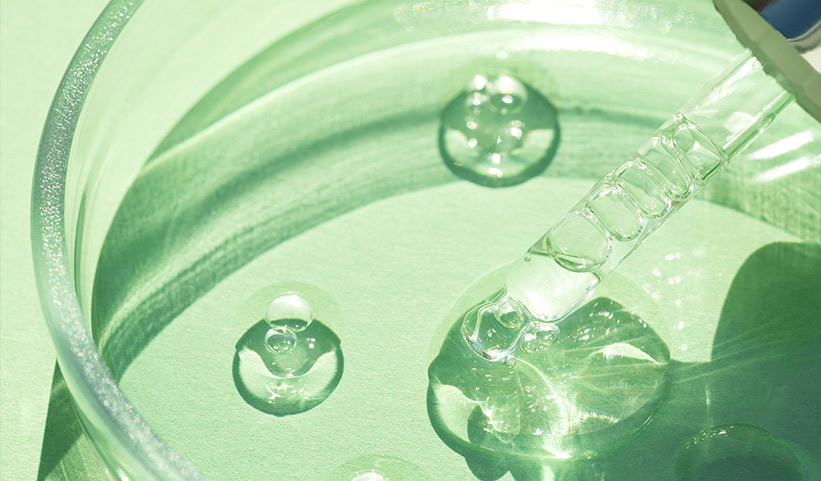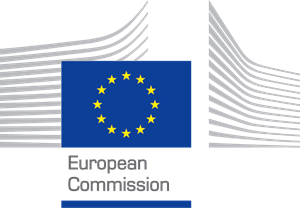Optimizing novel biological routes for converting CO2 into chemical building blocks.

Project BIORECO2VER: Biological routes for co2 conversion into chemical building blocks.
The high-level goal of BIORECO2VER is to demonstrate the technical feasibility of more energy efficient and sustainable non-photosynthetic anaerobic and micro-aerobic biotechnological processes for the capture and conversion of CO2 from industrial point sources into two valuable platform chemicals, i.e. isobutene and lactate.
To overcome several of the existing technical and economic barriers for CO2 conversion by industrial biotechnology, the project is focused on minimizing gas pretreatment costs, maximizing gas transfer in bioreactors, preventing product inhibition, minimizing product recovery costs, reducing footprint and improving scalability.
To this end, a hybrid enzymatic process is investigated for CO2 capture from industrial point sources and conversion of captured CO2 into the targeted end-products is realized through three different proprietary microbial platforms which are representative of a much wider range of products and applications.
Bioprocess development and optimization occur along 2 lines: fermentation and bioelectrochemical systems. The three microbial platforms are advanced to TRL 4, and the most promising solution for each target product are validated at TRL 5 on real off gases. To prepare for industrial implementation and contribute to public acceptance, the technological activities are complemented with virtual plant design, economic and sustainability assessments, and extensive disseminatio
Our main tasks
- Mathematical model development
- Multidisciplinary design optimization
- Optimization of the conceptual design and basic engineering
- Techno-economic assessment
- Process replication
Partners
ARKEMA | CEMENTOS PORTLAND VALDERRIVAS | CONSIGLIO NAZIONALE DELLE RICERCHE (CNR) | ENOBRAQ | GLOBAL BIOENERGIES | IDENER.AI | LULEA UNIVERSITY OF TECHNOLOGY | NATUREWORKS | NOVA INSTITUT | PKN ORLEN | UNIVERSITAT DE GIRONA | VITO
Start date – finish date
01 / 2018 - 12 / 2021

This project has received funding from the European Union’s Horizon 2020 research and innovation programme under grant agreement Nº 760431

